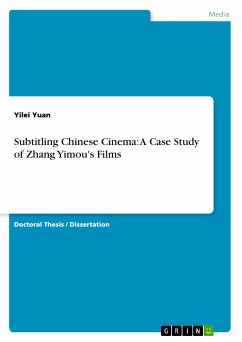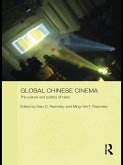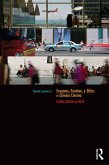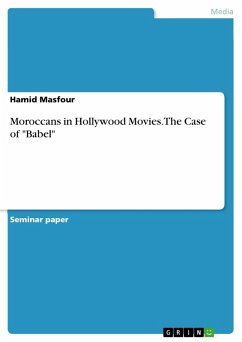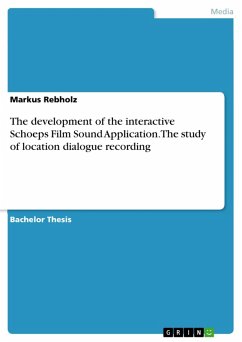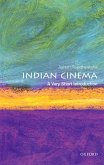Doctoral Thesis / Dissertation from the year 2016 in the subject Film Science, University of Glasgow, language: English, abstract: In recent years, more and more Chinese films have been exported abroad. This thesis intends to explore the subtitling of Chinese cinema into English, with Zhang Yimou's films as a case study. Zhang Yimou is arguably the most critically and internationally acclaimed Chinese filmmaker, who has experimented with a variety of genres of films. I argue that in the subtitling of his films, there is an obvious adoption of the domestication translation strategy that reduces or even omits Chinese cultural references. I try to discover what cultural categories or perspectives of China are prone to the domestication of translation and have formulated five categories: humour, politeness, dialect, history and songs and the Peking Opera. My methodology is that I compare the source Chinese dialogue lines with the existing English subtitles by providing literal translations of the source lines, and I will also give my alternative translations that tend to retain the source cultural references better. I also speculate that the domestication strategy is frequently employed by subtitlers possibly because the subtitlers assume the source cultural references are difficult for target language subtitle readers to comprehend, even if they are translated into a target language. However, subtitle readers are very likely to understand more than what the dialogue lines and the target language subtitles express, because films are multimodal entities and verbal information is not the only source of information for subtitle readers. The image and the sound are also significant sources of information for subtitle readers who are constantly involved in a dynamic film-watching experience. They are also expected to grasp visual and acoustic information. The complete omission or domestication of source cultural references might also affect their interpretation of the non-verbal cues. I also contemplate that the translation, which frequently domesticates the source culture carried out by a translator who is also a native speaker of the source language, is 'submissive translation'.
Dieser Download kann aus rechtlichen Gründen nur mit Rechnungsadresse in A, B, BG, CY, CZ, D, DK, EW, E, FIN, F, GR, HR, H, IRL, I, LT, L, LR, M, NL, PL, P, R, S, SLO, SK ausgeliefert werden.

